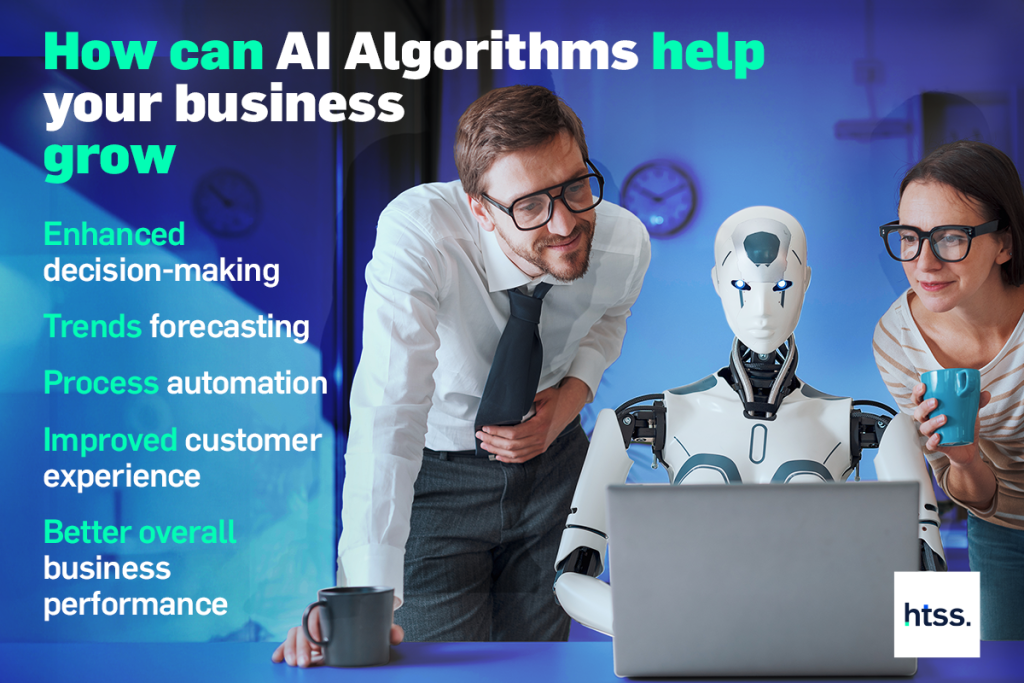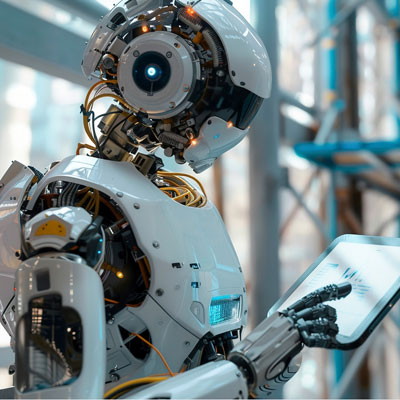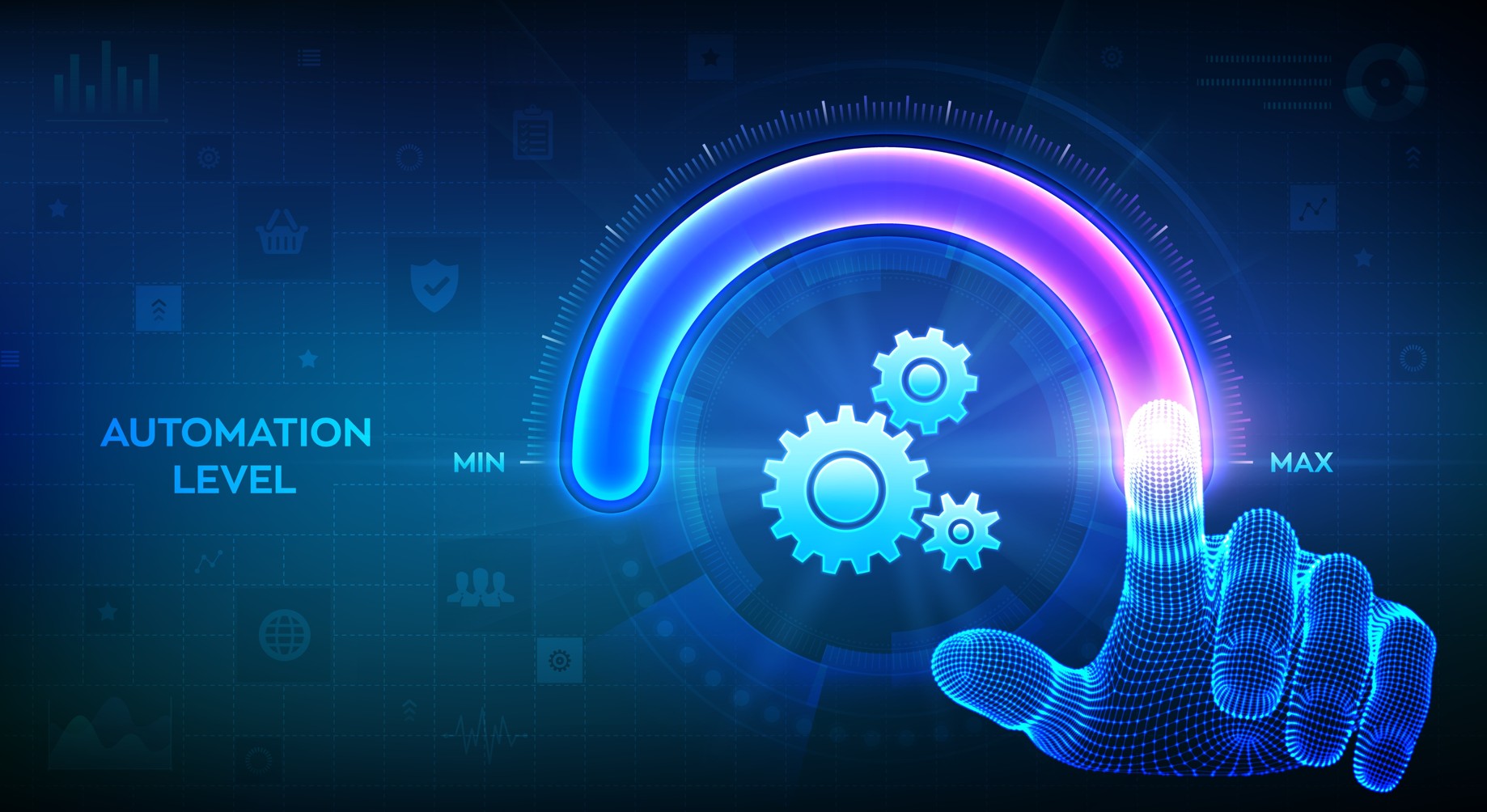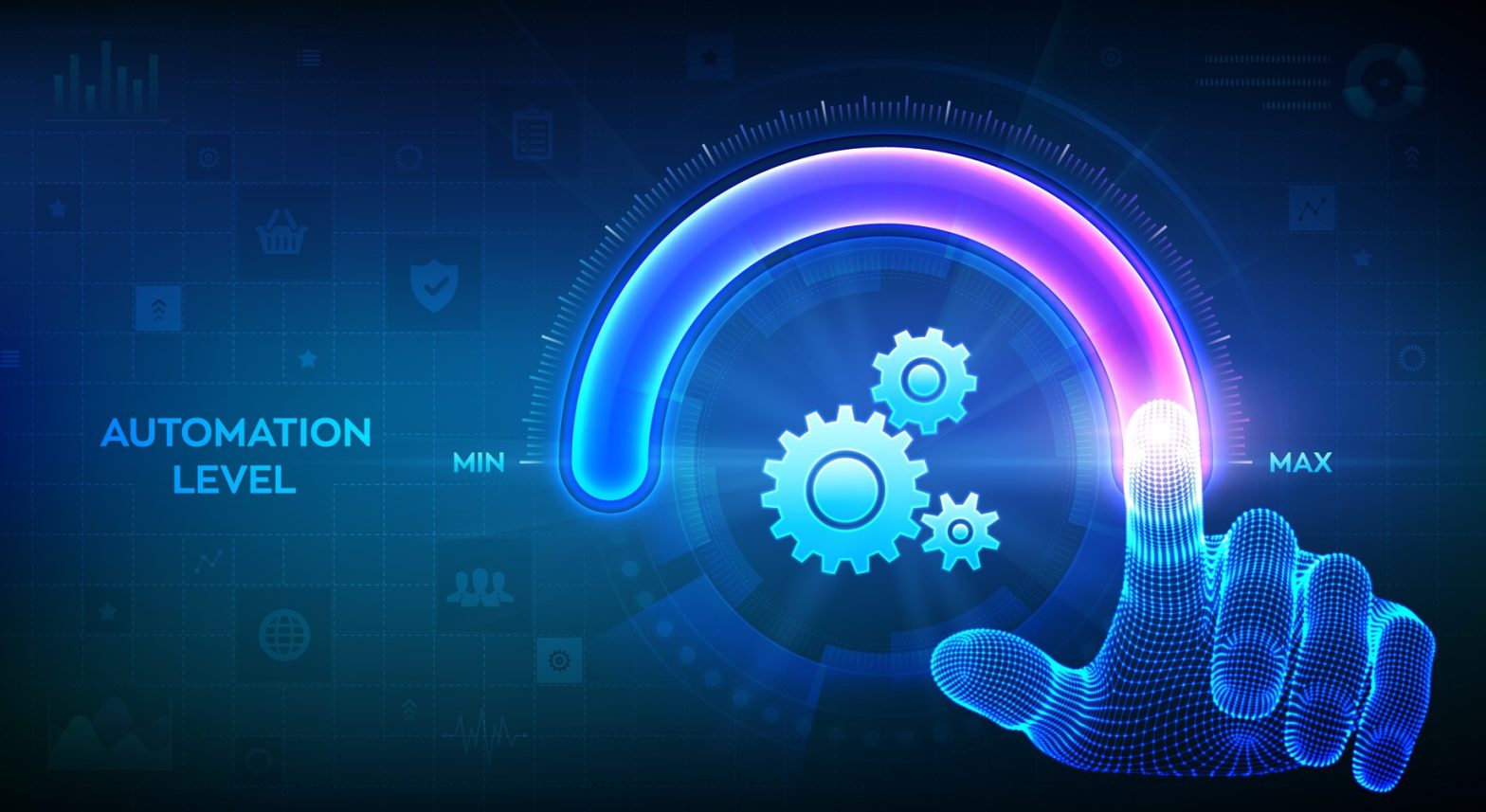Artificial intelligence (AI) is a concept that has transformed the corporate landscape, introducing a plethora of innovative tools and strategies. AI algorithms play a critical part in the ongoing digital transition, automating procedures and optimizing organizational decisions with precision.
What are AI Algorithms?
AI algorithms are complex sets of rules and instructions that artificial intelligence systems follow to perform desired, digital tasks. These algorithms have the ability to learn and adapt based on the data they process, making them extremely useful for businesses looking to implement technological innovation. Through the usage of AI algorithms, businesses can automate certain time and staff demanding processes, through quick data analysis.
Types of AI algorithms
There are a variety of AI algorithms, each with different applications depending on your business needs. Primarily, there are four types of AI algorithms — supervised learning, unsupervised learning, semi-supervised learning, and reinforcement learning. These AI Algorithms can be instrumental in transforming your business.

Supervised Learning
One of the most employed method of teaching AI is supervised learning. This algorithm trains a model on a labeled dataset, meaning that the correct answers are identified and taught. The algorithm learns the relationship between inputs and outputs, allowing it to reliably predict results when new data is introduced. In terms of business functions, this type of AI Algorithms may be employed when carrying out data analysis on customers, clients, competitiors, etc. Supervised learning additionally has the ability to utilise historical data, teaching the AI to forecast future trends in data.
Unsupervised learning
Unsupervised Learning utilizes unlabeled data. The algorithm explores vast data sets and detects hidden patterns or groupings on its own. Unsupervised learning is especially beneficial to organizations in terms of consumer segmentation. Without prior knowledge of client categories, the algorithm may classify customers based on their purchasing habits, allowing businesses to design targeted marketing efforts to distinct segments. It is also particularly useful for spotting anomalies in spreadsheets, such as financial files and transactions, aiding in the early detection of fraud or financial anomalies.
Semi-Supervised Learning
Semi-supervised learning incorporates aspects of both supervised and unsupervised learning. This is commonly employed when a company has a limited amount of labeled information but a significant number of unlabeled information. Training a model in this manner enables firms to take advantage of the massive amounts of available data without the time-consuming labeling process, by hand. This is especially useful in industries such as healthcare, where a variety of unlabeled data exists, but can help train models, nevertheless.
Reinforcement Learning
Reinforcement Learning is yet another effective AI learning approach, especially in contexts where decision-making is dynamic and constant. Unlike supervised or unsupervised learning, reinforcement learning focuses on how an individual interacts with its surroundings, learning from the rewards or penalties it receives for its activities. In business, this method is commonly employed in robotics and automated systems, where machines must learn to accomplish jobs through trial and error. This method is commonly employed in supply chain and warehousing businesses.
How can AI Algorithms help your business grow?
AI algorithms can help businesses grow exponentially and healthily by boosting decision-making, automating processes, and improving the experience of employees and clients alike. They analyze large volumes of data, allowing firms to forecast trends, improve inventory, and personalize organizational and customer strategies. Through AI-powered automation, businesses are able to streamline repetitive activities, which in turn lowers cost and increases productivity. Artificial Intelligence may also personalize consumer interactions, in turn increasing client engagement and sales through targeted sales reccomendations and more. Embracing AI algorithms drives technical innovation, helping firms remain competitive.
At htss, we offer customized Business Solutions designed to automate your operations. Contact us today to discover how machine learning, software robots and predictive analytics can transform your organization into a market leader. Together, we can innovate and take your business to the next level.


































